Investigations by Channel 2 Action News have revealed that squatters in Georgia have been able to find loopholes within the law to maintain their squatter’s rights.
As a result of the investigation, the law in Georgia has been changed, and the loophole has been closed. Squatters now have to provide proof of a lease, and if they are unable to or provide a fake lease, they will face criminal charges.
1,200 Atlanta Properties Have Squatters
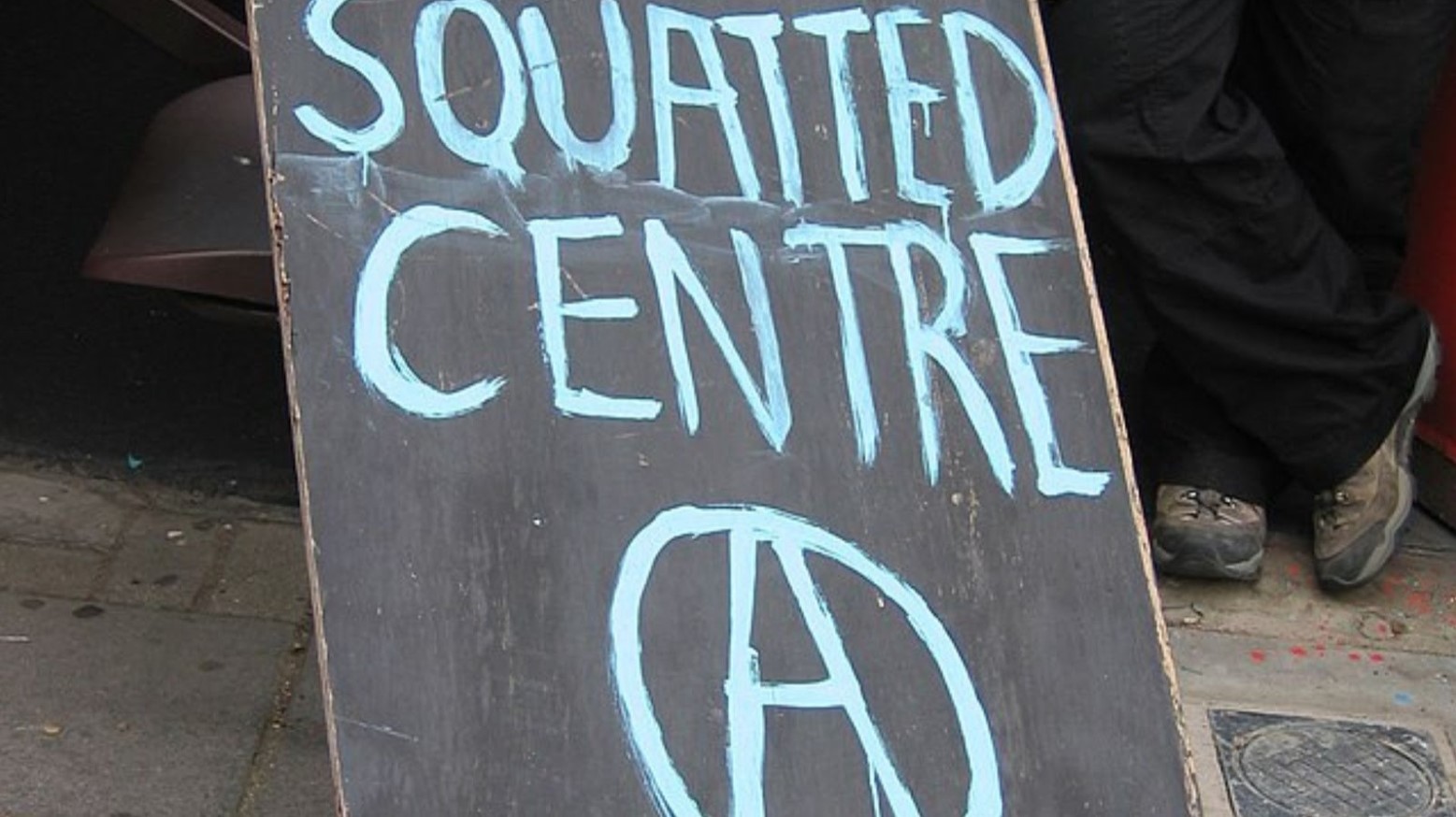
The issue of squatting has escalated to the point of crisis. Across Atlanta, Georgia, around 1,200 properties have squatters living in them, with landlords unsure of what actions to take.
Some squatters have even gone as far as changing the locks on the properties they’re living in and requesting that the landlord pay them money to get them to leave.
A Georgia Squatter Requested $190,000

Prior to the COVID-19 pandemic, a property owner in Georgia named David Morris had allowed people to live on his land free of charge for those who needed somewhere to stay.
But when the pandemic hit, he decided the squatters needed to leave and spent thousands of dollars cleaning up the mess they had left behind. However, one squatter requested Morris give him $190,000 to leave the land, claiming he now had squatters’ rights.
Other U.S. States Have Problems With Squatters

Georgia isn’t the only U.S. state having issues with squatters, as others are having similar issues. Squatters are currently one of the biggest issues in California, with some of the reasons for this being lenient laws and advice on social media.
Other states that are having issues with squatters include Florida and New York. Each state has different laws regarding squatters and squatters’ rights, which can be difficult to police. Many states have loopholes in their laws that give squatters more rights than landlords would probably like.
Laws Favored Squatters Over Landlords
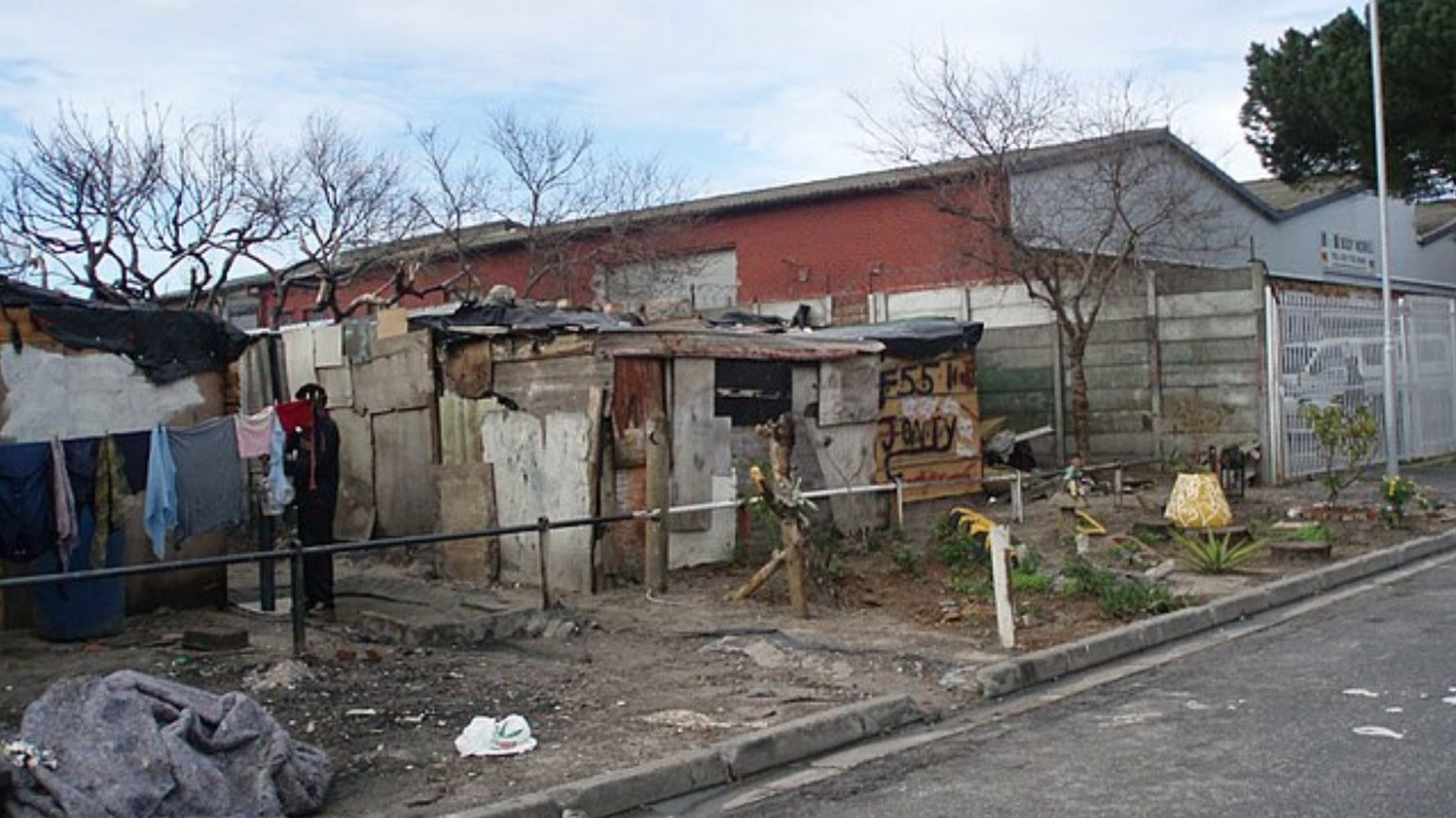
The previous squatter laws in Georgia favored the squatters over the landlords. This was an issue one Georgia landlord found himself in before the new laws came into place.
The landlord found some people illegally squatting in his home. When he informed the police of this issue, the police told him that there was nothing he or they could do as what they were doing wasn’t illegal. What he was told was that he would have to evict them, which is a long and lengthy process.
Squatters Were Selling Appliances

In addition to squatting in homes that they didn’t have the right to be in, squatters have also been selling the appliances inside these home as a way of making money.
Feces had also been left on some properties. This was a particular issue if these houses were on the market, as sometimes the real estate agent or landlord had placed items in the home for staging, which squatters would either sell or use, making it more complicated to sell the home.
Georgia’s New Squatter Laws
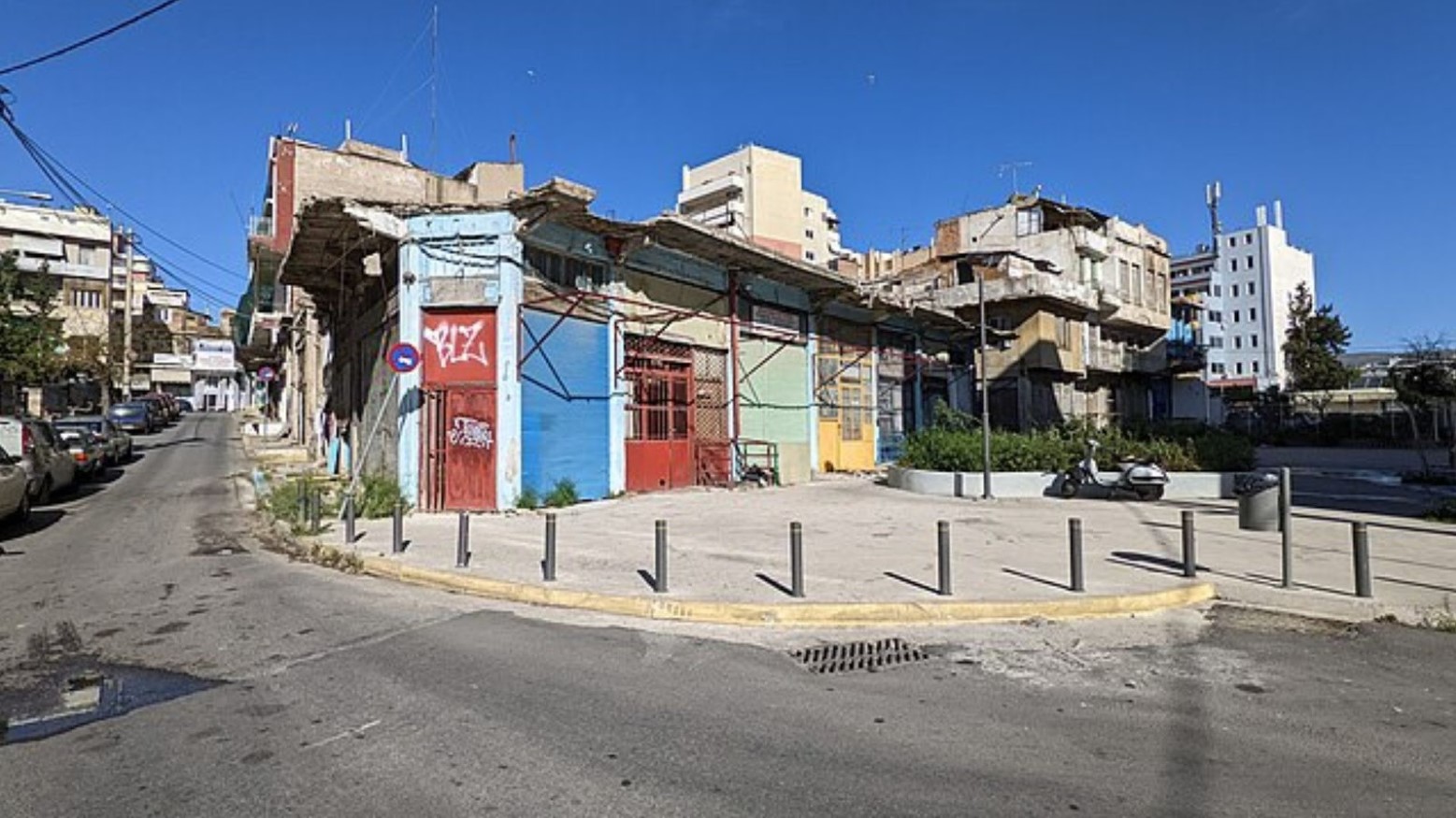
Due to the large number of squatters in Georgia, the state has now decided to put new laws in place that limit the amount of rights squatters have.
Squatting in Georgia is now a crime, and it must be dealt with in a magistrate’s court within a few days of the problem occurring instead of waiting weeks or months.
Squatters Have to Provide a Legitimate Lease
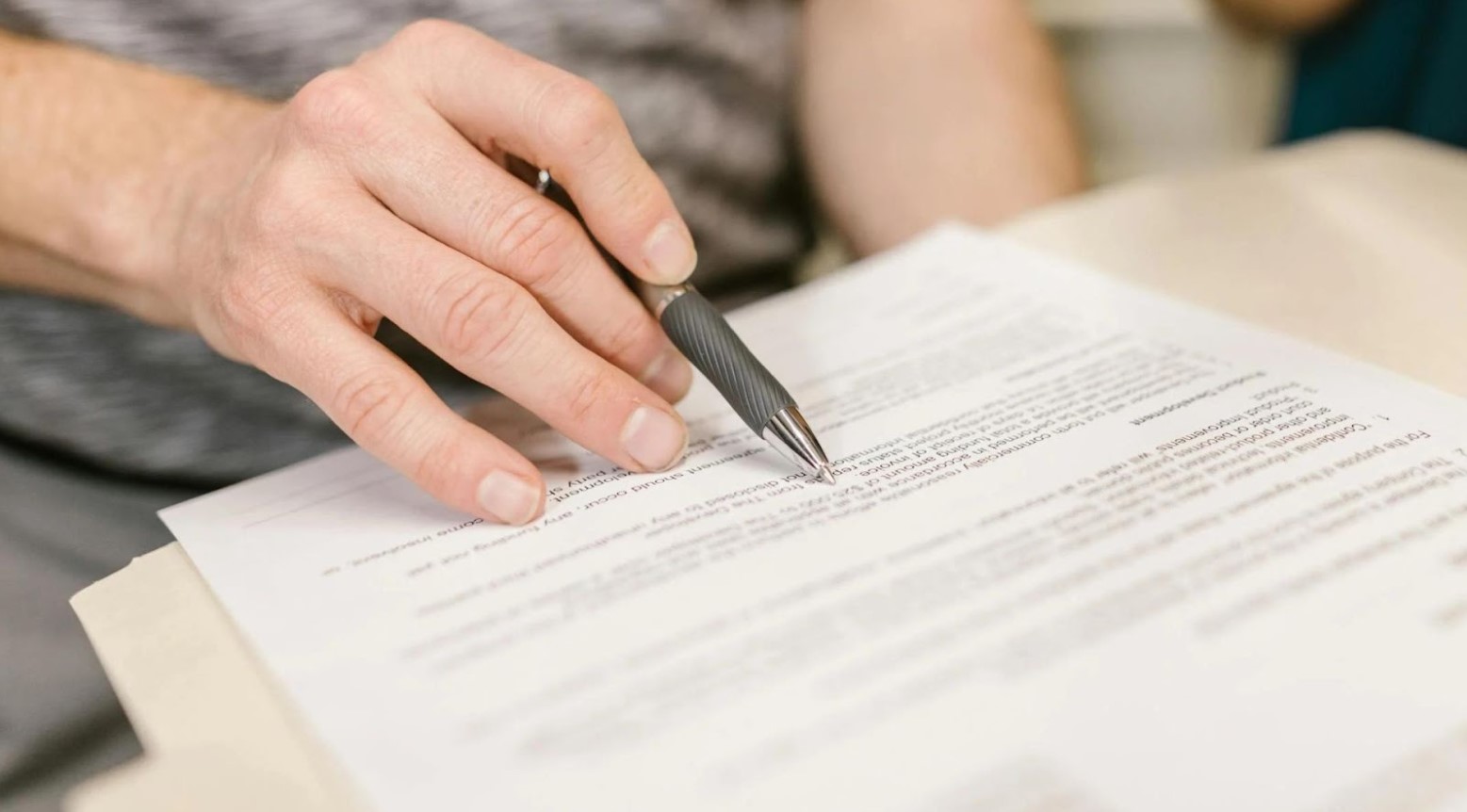
Once the squatters have been caught, under the new law, they must provide a legitimate lease within 3 days. If the lease is fraudulent, it goes from a misdemeanor to a felony.
Under previous laws, squatters were reported only by homeowners. Now, neighbors and Homeowners’ Associations (HOA) can also report squatters.
The Pros and Cons of Squatting Laws

Like many laws that are enacted, there are pros and cons. One of the pros is that it helps ensure the safety and security of communities and neighborhoods and makes housing more accessible.
However, some people aren’t as convinced. Eric Dunn, the National Housing Law Project’s litigation director, has said that squatting is “rare and insignificant” and that it “doesn’t occur with sufficient frequency to demand serious policy discussion.”
Landlords Could Abuse Squatting Laws
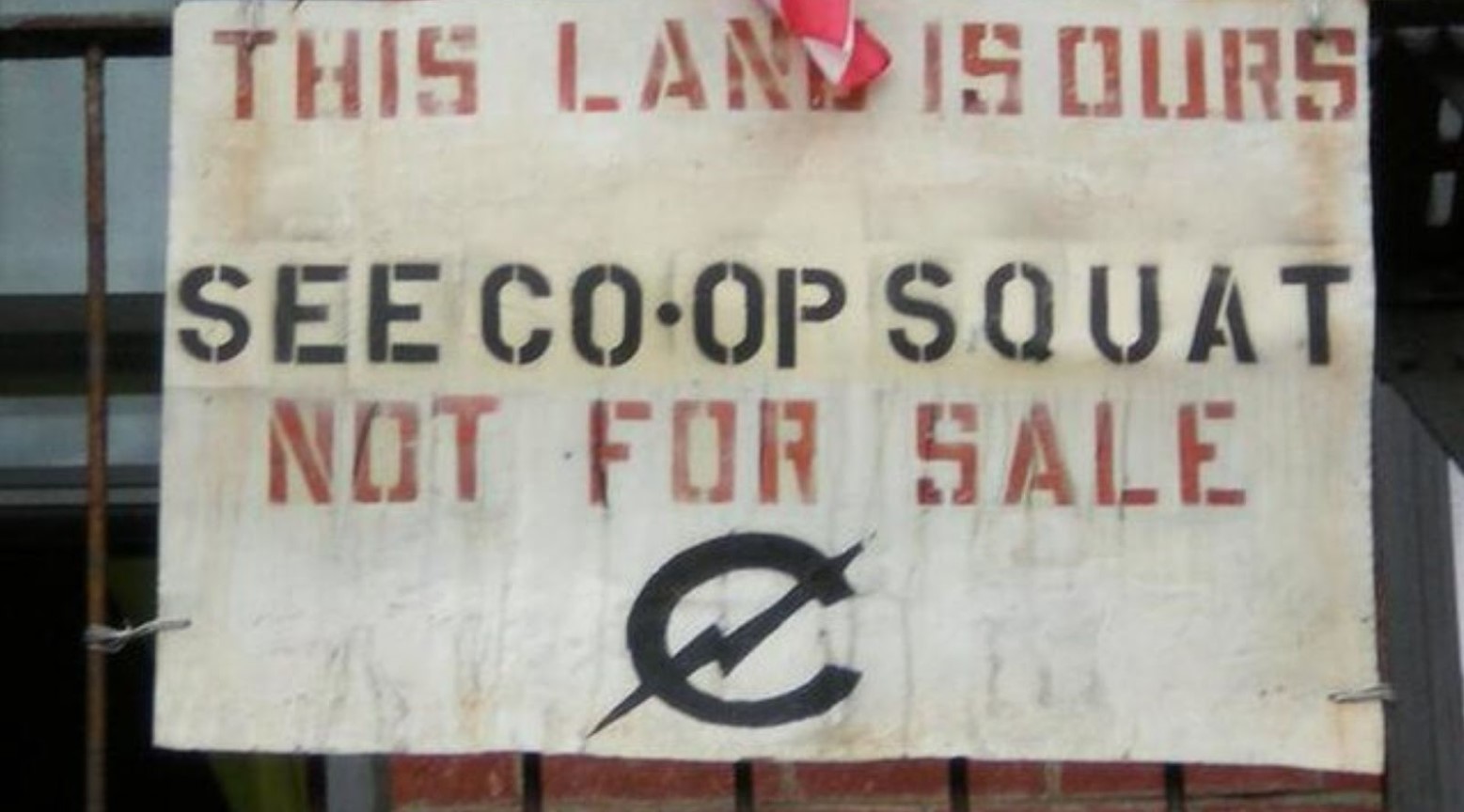
Another issue is that landlords could abuse the new squatting laws. Some landlords could try to evict legitimate tenants by claiming they are squatters to get them out of their property.
As this was already an issue with some landlords, who would change the locks or cut off utilities to force their perfectly legal tenants out of their homes without warning, the worry is that the new laws give them even more reason to do so.
Tougher Consequences for Squatters
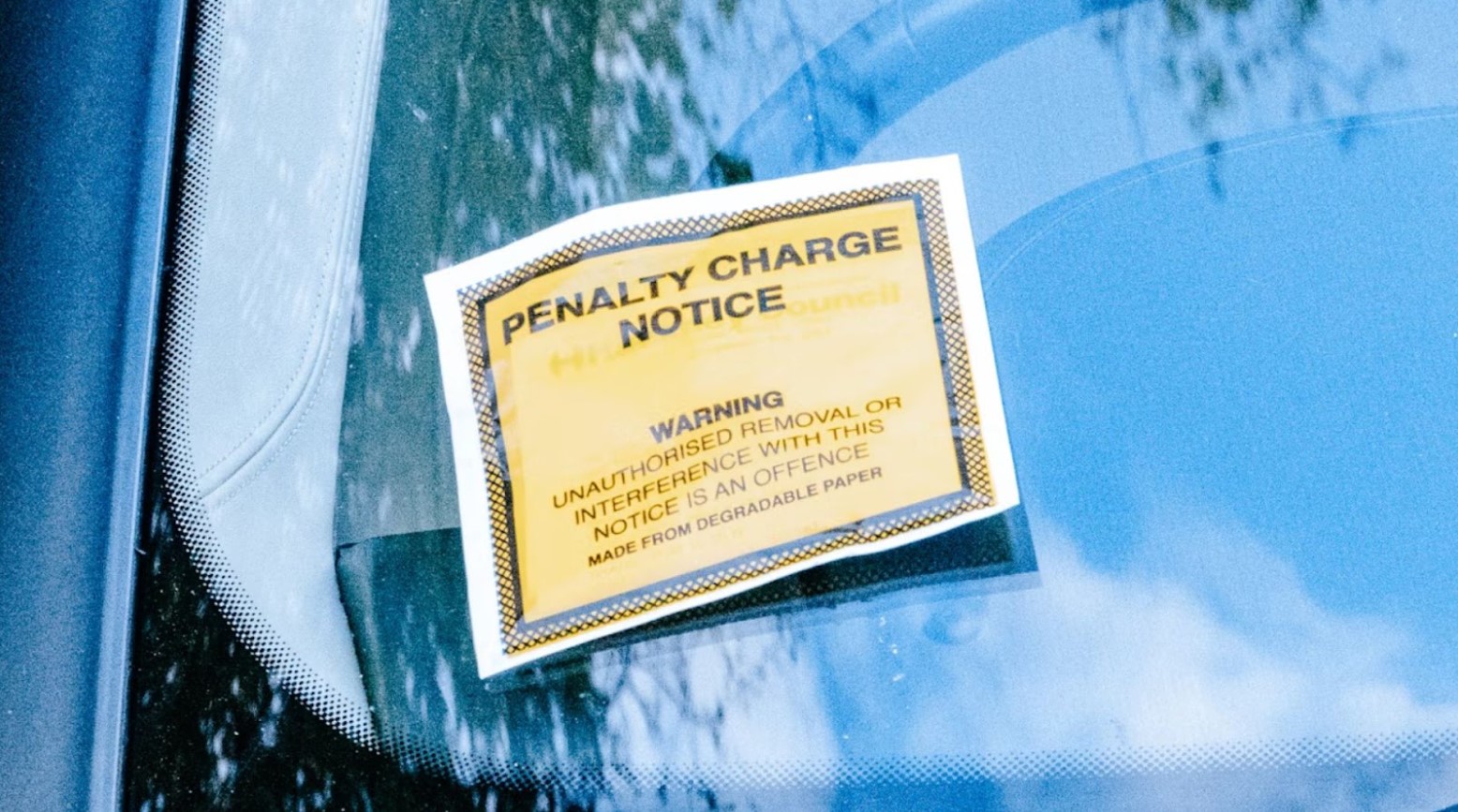
Not only are the new laws making it easy for landlords to get squatters out of their property without going through the eviction process, but it also gets stricter on the squatters.
If the documents the squatter produces are either improperly executed or fraudulent, the squatter will either be arrested or fined roughly the same as the monthly rental value of the property.
Florida Has Similar Squatter Laws
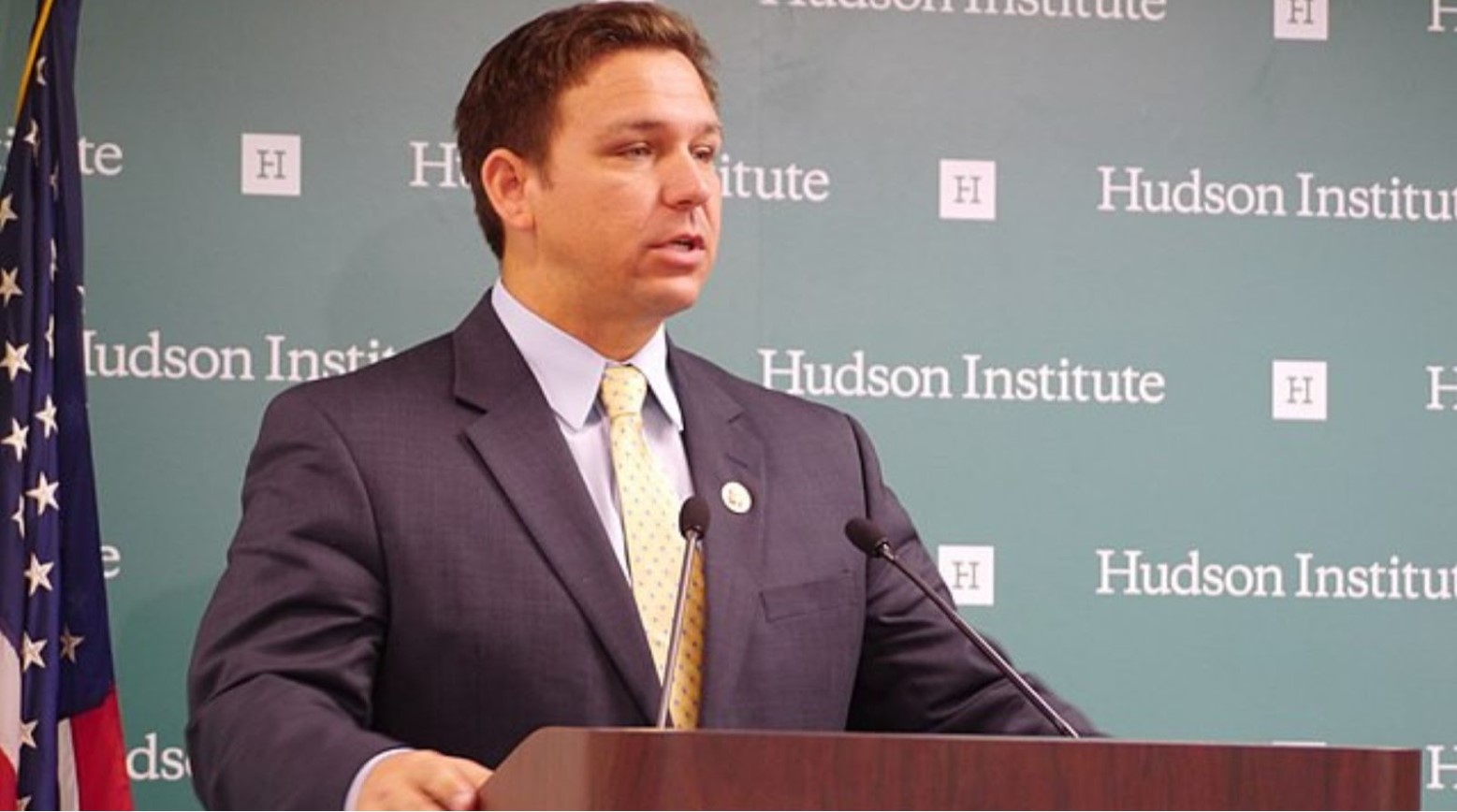
Florida is another state that has been experiencing issues with squatters. As a result, the Governor of Florida, Ron DeSantis, signed a bill into law in March 2024 that eliminated squatters’ rights.
The law is similar to the one in Georgia in that it allows landlords to ask the Sheriff to remove the squatters from their homes if they cannot produce the documents needed to prove that they live there. Time will soon tell whether these laws have the desired effect.

